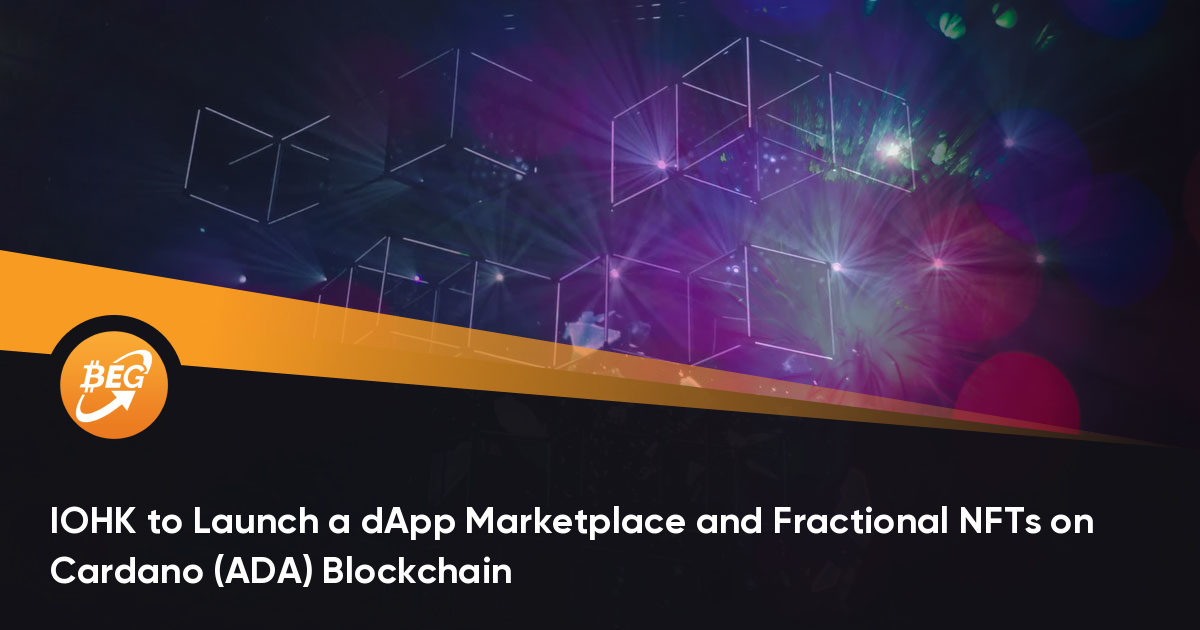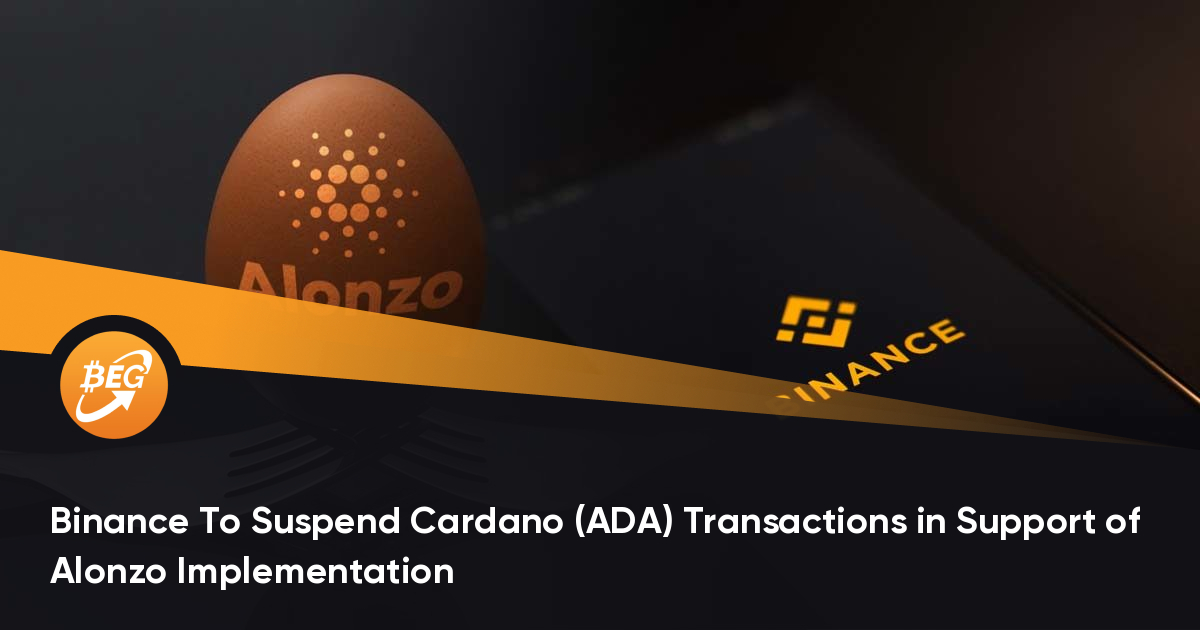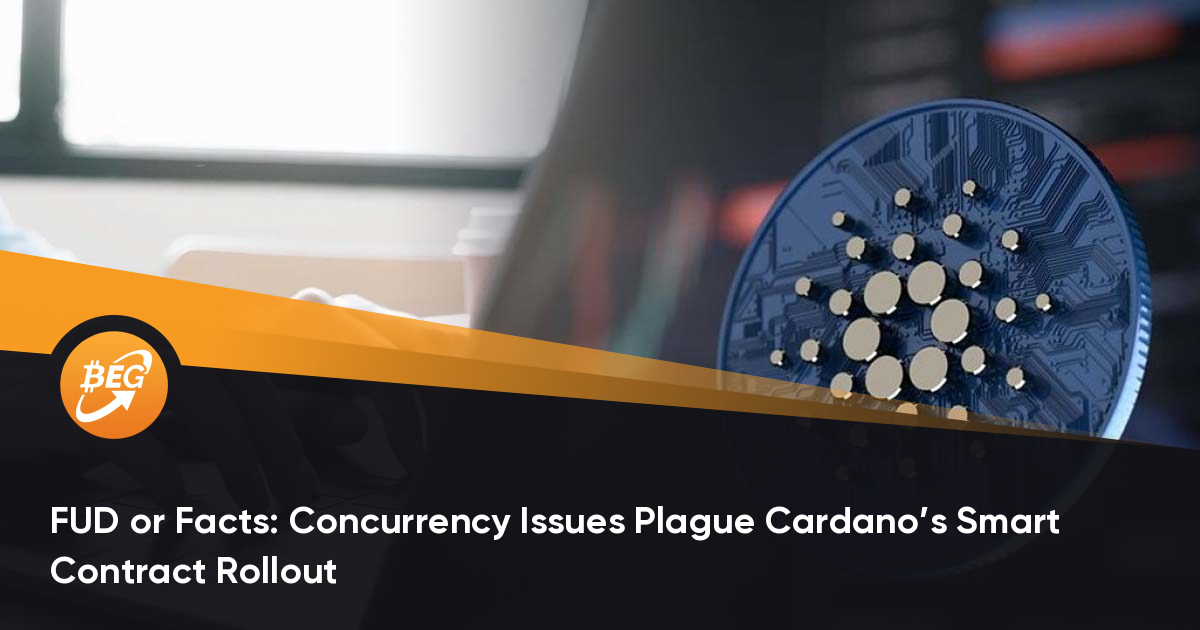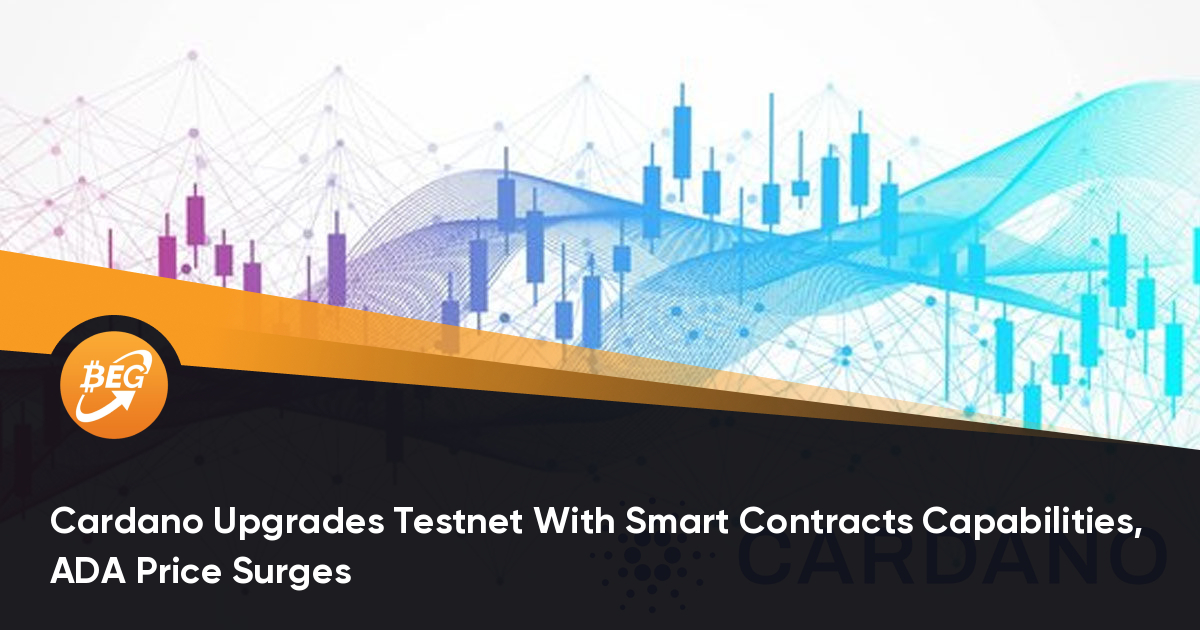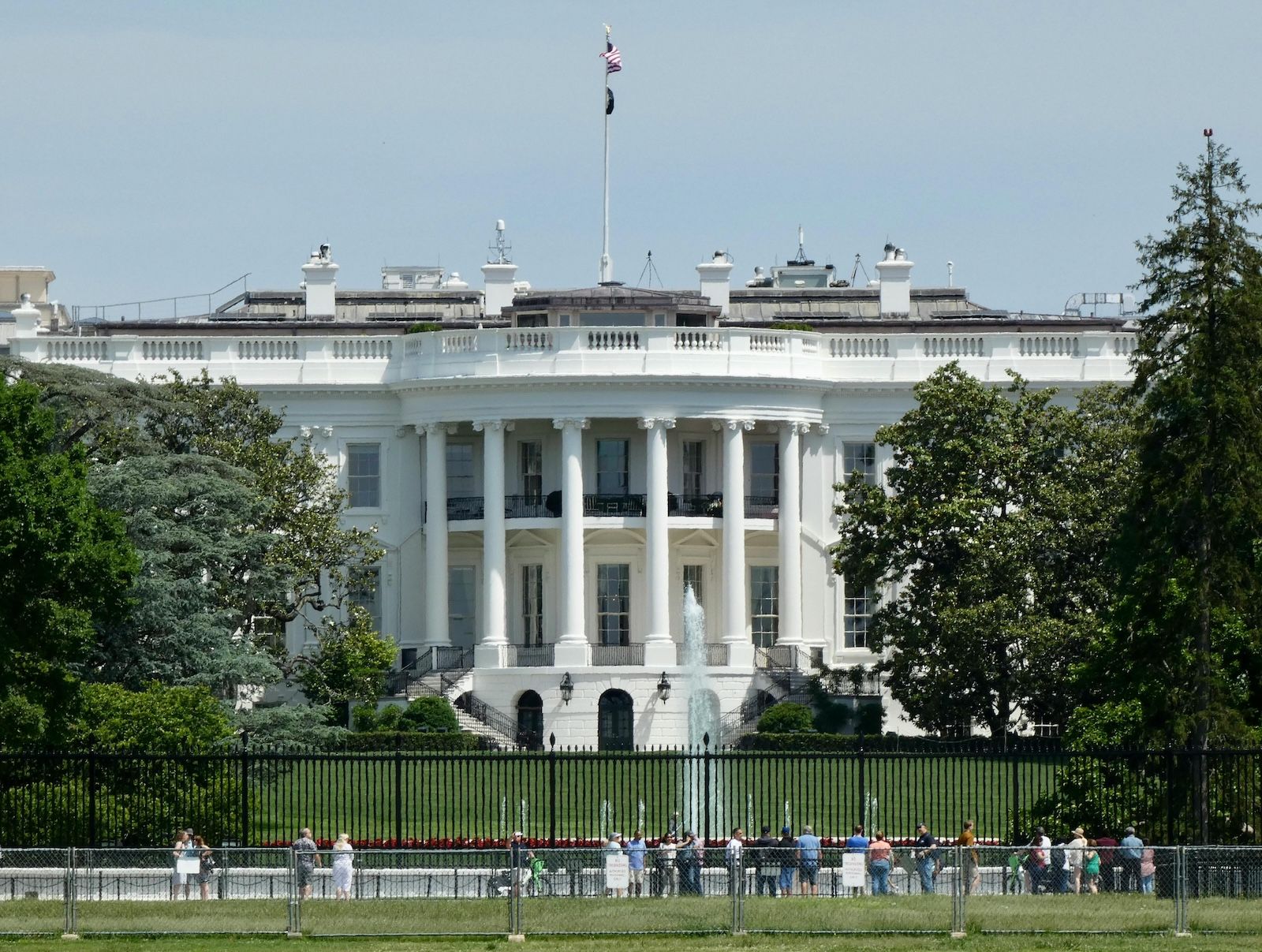IOHK Unveils ERC-20 Converter Tool for Testnet, Allowing Ethereum Tokens to Migrate to Cardano
Popular ‘Ethereum killer’ Cardano is on the march again, and this time it is focusing on creating a token bridge between Ethereum and its network. Cardano Releases ERC-20 Converter In a Monday release by project manager Francisco Landino of...
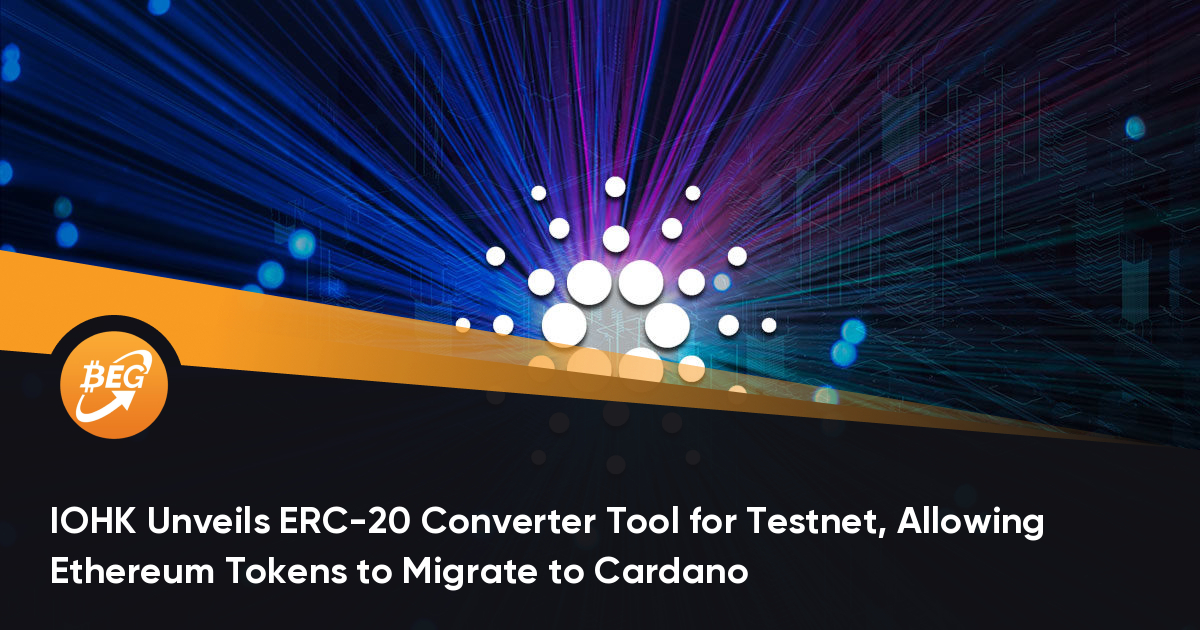
IOHK Unveils ERC-20 Converter Tool for Testnet, Allowing Ethereum Tokens to Migrate to Cardano
Popular ‘Ethereum killer’ Cardano is on the march again, and this time it is focusing on creating a token bridge between Ethereum and its network.
Cardano Releases ERC-20 Converter
In a Monday release by project manager Francisco Landino of Input-Output Hong Kong (IOHK), the development arm of the Cardano project, said that the forthcoming Alonzo upgrade will come with an ERC-20 token converter, leading to interoperability between blockchains and enabling ample business opportunities.
Landino noted that the ERC-20 converter would easily enable developers and companies to move their tokens to the Cardano network.
The IOHK executive notes that this process is almost seamless as users can move their tokens with just a few clicks. The migrated tokens would then be ‘translated' to a native token on the Cardano network with the same value and operate just like the ERC-20 token.
Also, the ERC-20 converter will allow users to reconvert their special tokens to an ERC-20 token and send them back to the source network by burning them on the Cardano network through the two-way convertibility functionality.
Landino then announced that the ERC-20 converter tool is currently under development and will be launched on a dedicated testnet soon.
The new upgrade would quickly position Cardano as a likely substitute for the Ethereum network and encourage more DeFi participation given Cardano’s cost-effective technology.
Landino also mentioned the obvious—which is that Ethereum’s challenges were slowing down the decentralized finance (DeFi) space. According to Landino, high gas fees force many developers and organizations to look elsewhere to build DeFi services.
Accordingly, Cardano is looking to solve this problem through its technologically advanced blockchain solution. Cardano, which operates on a proof-of-stake (PoS) protocol called Ouroboros, uses a consensus mechanism that selects a validator based on the number of digital tokens they hold and for a select period called epochs.
This greatly reduces the need for high energy consumption like the proof-of-work (PoW) protocol Ethereum and Bitcoin uses. Cardano also boasts of a faster transaction process and lower fees for users.
ADA Outpacing Other DeFi Platforms
Cardano has quickly established itself as a frontrunner for the DeFi space left open by the Ethereum network. The project, which commenced in 2017, also faces stiff competition from mega DeFi facilitators– Polkadot, NEO, EOS, and Solana.
Nevertheless, Cardano has continued to thrive, given the consistency in the release of its upgrades. Presently on the fourth stage of its roadmap, the Cardano network is transitioning to a decentralized platform, and its Alonzo hard fork combinatory is expected to complete this process.
Its native token ADA has also been performing well when the broader crypto market slumped, surging to a new all-time high (ATH) of $2.43 two days prior. It is currently the fourth most valuable crypto asset.
In speaking of the first digital token to move to the Cardano network from Ethereum, Landino said that SingularityNET’s AGI token would make the first attempt.
![]()
Jimmy Aki
Jimmy has been following the development of blockchain for several years, and he is optimistic about its potential to democratize the financial system. When not immersed in the daily events in the crypto scene, he can be found watching legal reruns or trying to beat his Scrabble high score.
Delegate Your Voting Power to FEED DRep in Cardano Governance.
DRep ID: drep12ukt4ctzmtf6l5rj76cddgf3dvuy0lfz7uky08jfvgr9ugaapz4 | We are driven to register as a DRep by our deep dedication to the Cardano ecosystem and our aspiration to take an active role in its development, ensuring that its progress stays true to the principles of decentralization, security, and community empowerment.DELEGATE VOTING POWER!

